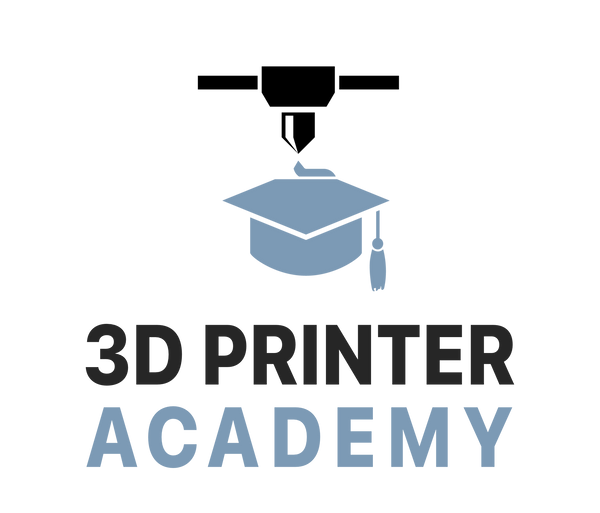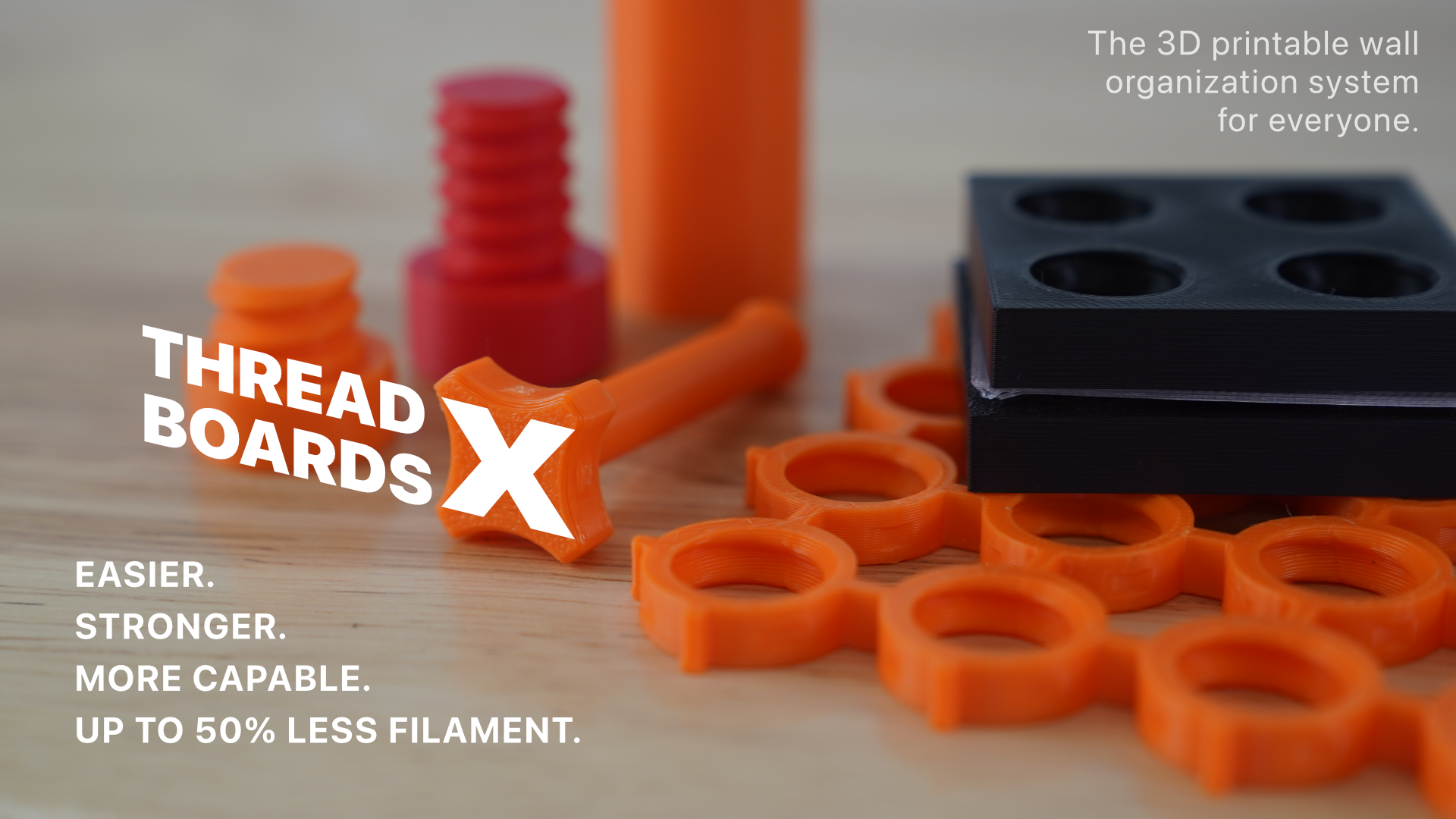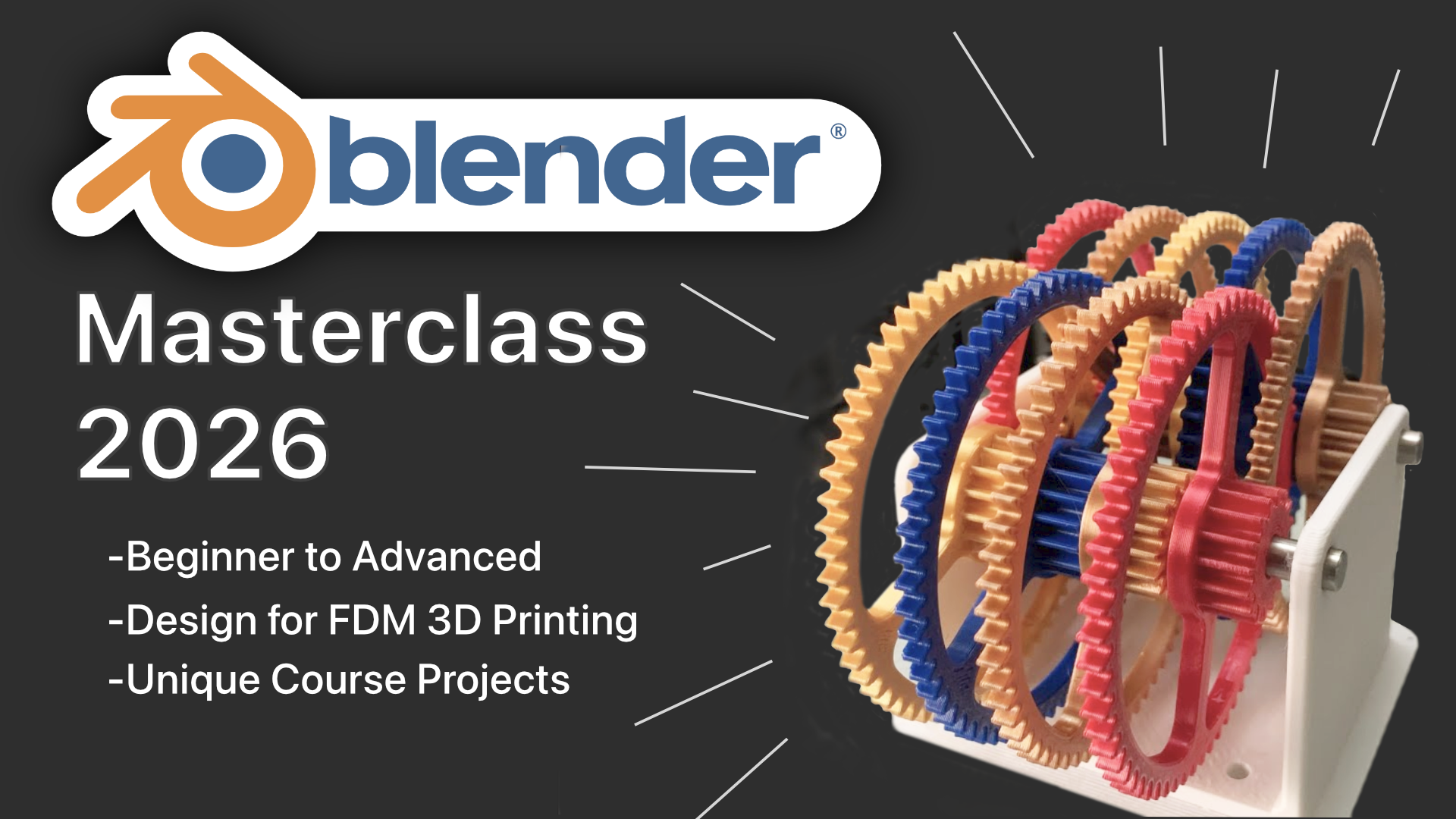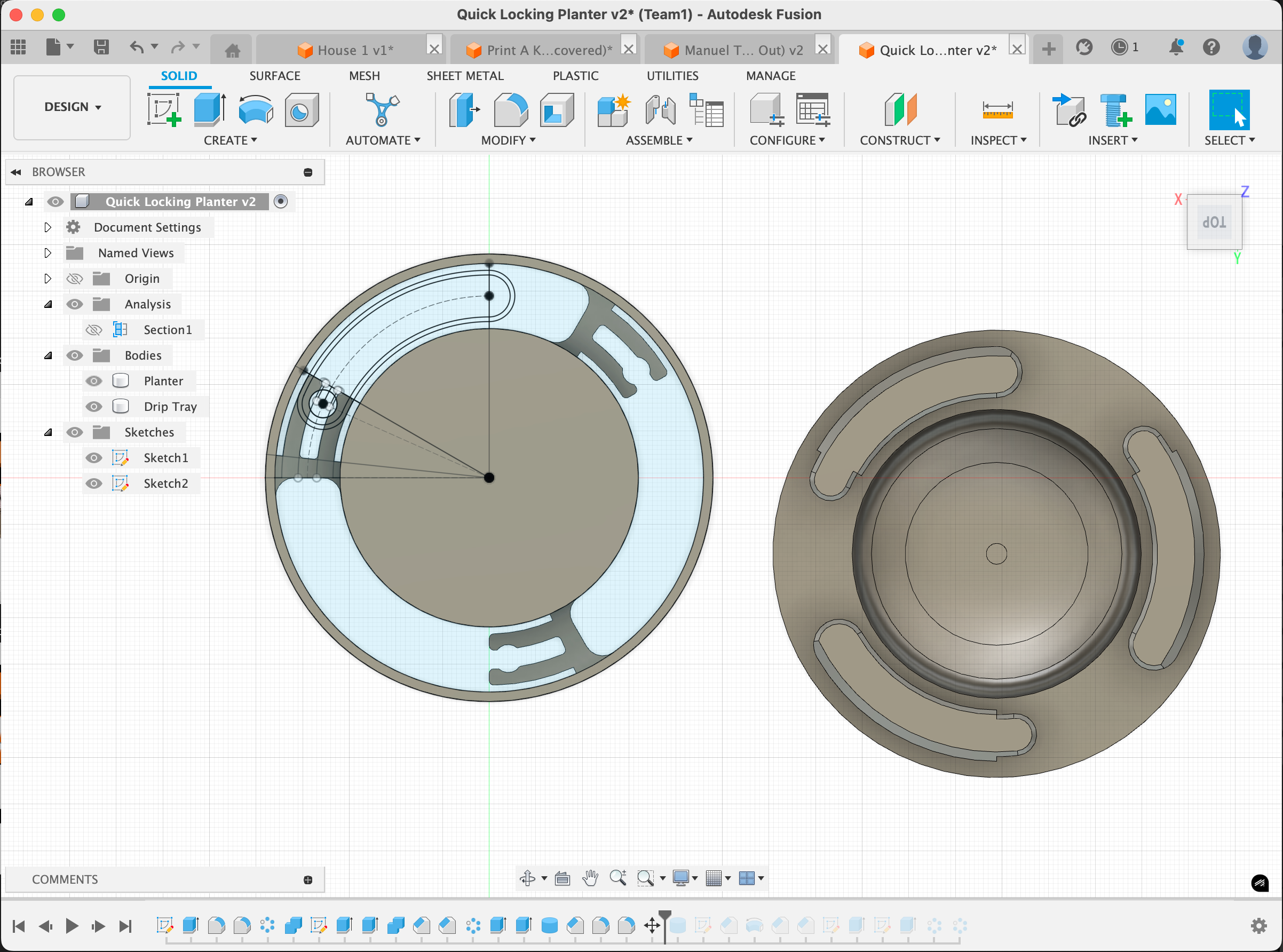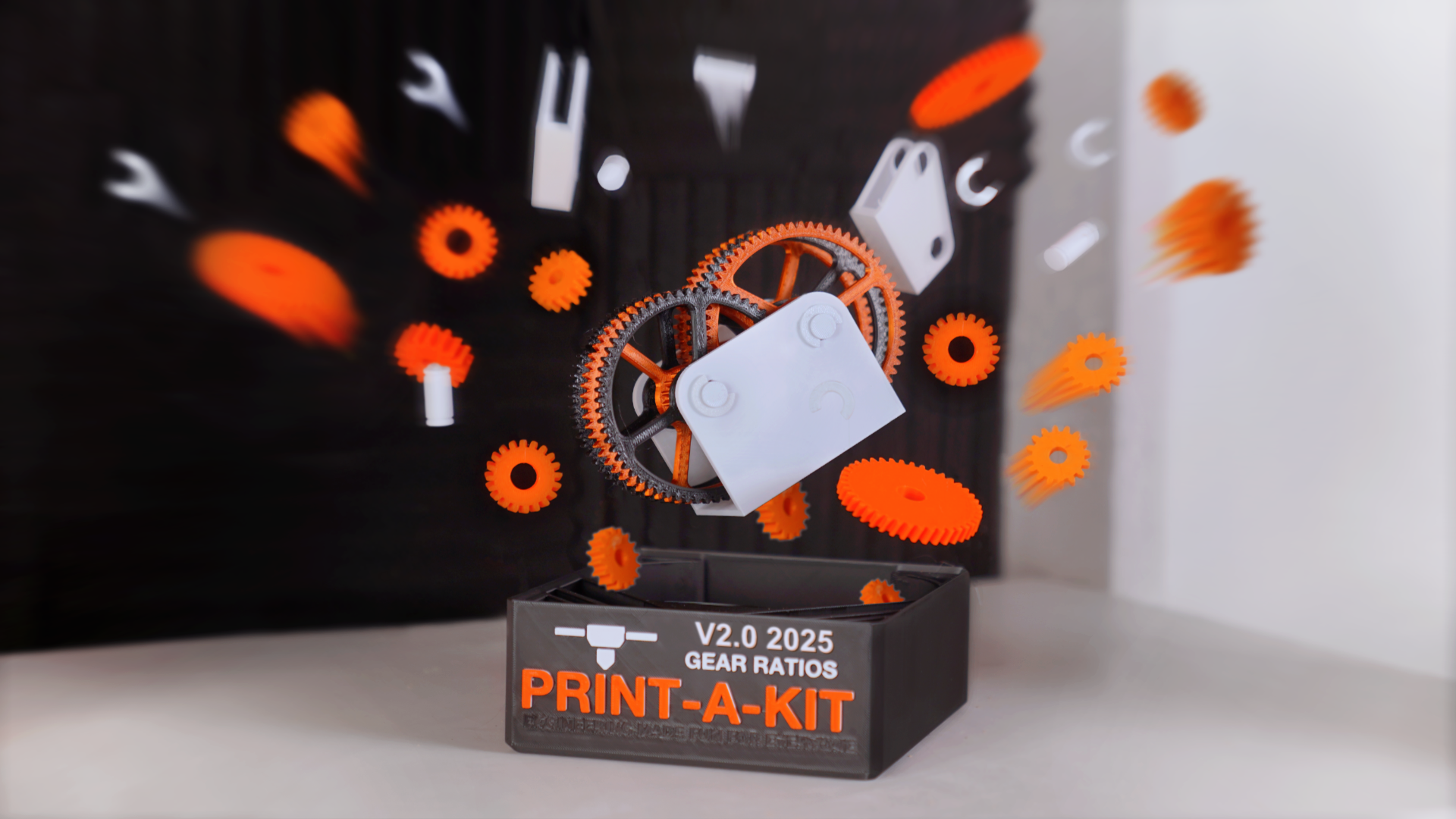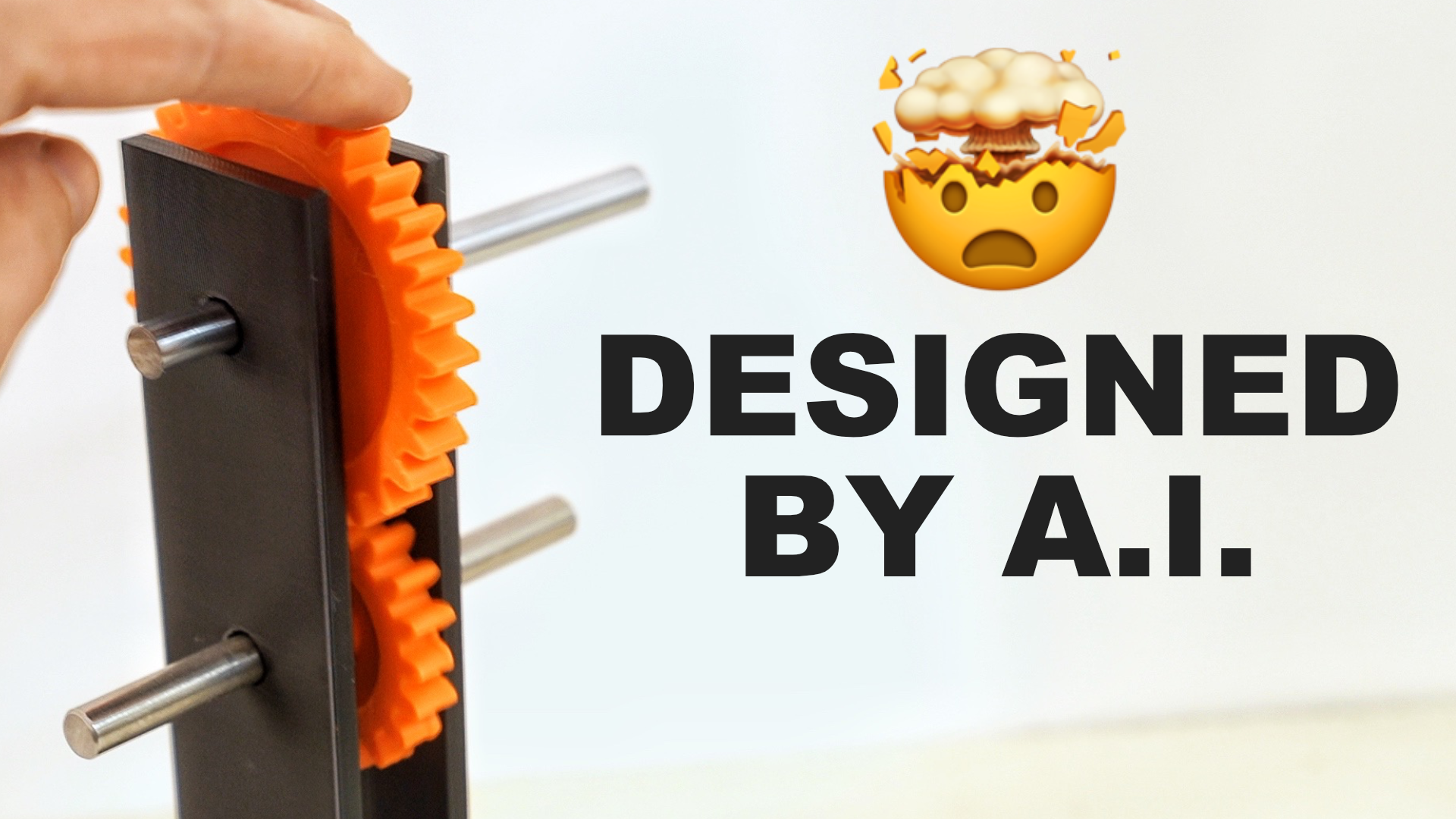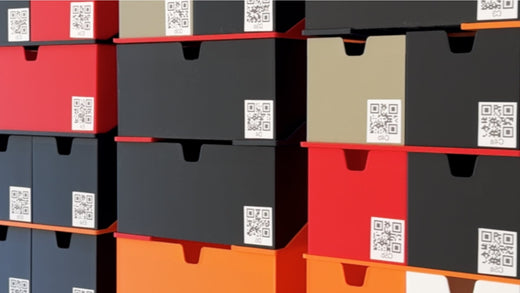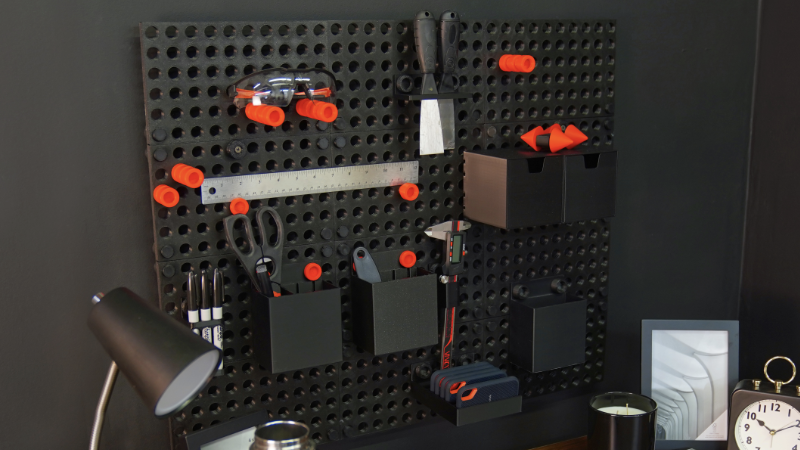Interviewer: Can you share a bit about your background?
Ye Tao: In the first third of my life, as a child, I had a passion for creating things. During the second second third of my life, I developed an aspiration to become a scientist and pursued a PhD in astrophysics. However, toward the end of that phase, I questioned whether I was smart enough to make groundbreaking discoveries. I realized that it is much more difficult to discover new things in science. In my free time, my passion for creation persisted. I made RC cars and planes and before turning in my thesis, I joined DJI and dedicated eight years to the company. Back in 2012, DJI was a fledgling company. I was proud to be their first PhD hire. My specialization in fluid dynamics mirrored the principles I had been studying in my astrophysics pursuits. I split my time between aerodynamics and marketing, enjoying the interaction in forums and community engagement. Despite DJI's ambitious plans, they weren't keen on having me in marketing. Eventually, a few of us branched out to launch our own venture.
Interviewer: China has historically been stereotyped for replication and undercutting prices. What has changed in recent years to position it as an innovative powerhouse?
Ye Tao: Over the last two to three decades, the explosion of the internet in China has drastically expanded our worldview. People in China were initially unaware of their own potential for innovation. Now, they draw inspiration from global tech giants like Apple and visionaries like Steve Jobs. They aspire to carve their own mark on the world.
Interviewer: Your business has seen substantial success. What skills did your team possess to achieve this?
Ye Tao: We invested almost a year in understanding the business landscape before even conceptualizing a product. Initially, we had no intentions of venturing into 3D printing, but after purchasing one and finding it subpar, we became determined to craft the world's best 3D printer. Fortunately, we were well-positioned to recruit the finest engineers globally to realize our vision.
Interviewer: During your time at DJI, had you experimented with 3D printers?
Ye Tao: Absolutely. I convinced DJI to invest in a 3D printer, but its performance was lackluster and quickly ended up sitting on a desk in the corner, where it gathered dust for almost seven years.
Interviewer: Who do you envision as your primary audience?
Ye Tao: Our initial product, the X1, was designed with makers in mind. We perceived them as an easily accessible market segment. We poured our resources and time into the X1, ensuring it met our high standards.
Interviewer: What's the overarching mission of Bambu Lab? Do you see 3D printing becoming as commonplace as traditional 2D printing?
Ye Tao: Yes, that's the vision.
Interviewer: How does Bambu Lab approach intellectual property and patents?
Ye Tao: Our stance is the same as any conventional tech company. We champion innovation and believe in safeguarding our intellectual assets. Every patent we secure is to defend specific, unique ideas. We are not foolish. We are not stupid. We do it to protect our ideas. The bottom line for any company is to survive. Our investors don't give us money based on the number of patents. It is about the quality of the patents. We also license our ideas and patents to other companies.
Interviewer: What's your stance on users modifying your printers?
Ye Tao: I fully support users customizing our products. People typically modify things they're passionate about; they won't adjust their dishwashers, but they'll tinker with their mountain bikes and other equipment. The challenge arises when users alter their printers—it complicates our ability to provide effective customer support. And I must emphasize, for safety reasons, users should never tamper with the AC components.
Interviewer: How do you view competitors like Prusa XL and Creality's K1?
Ye Tao: Yes, of course. At first, we were a bit nervous. After thinking about it, we believe we are fine. We never thought Prusa would be our enemy. If we win or if we lose, it's because we didn't work hard enough. We invest a lot in R&D, and that cost will be reflected in the price of the 3D printer. If your innovation does not give you an edge, you will lose. As far as we can tell, our printer is in a strong position.
Interviewer: What's your opinion on the aftermarket hotend?
Ye Tao: If it is a 1-to-1 copy, we do not like it.
Interviewer: Can you give us a hint about the company's future directions?
Ye Tao: The roadmap is top secret. And I can't specify a release date for the 30cm x 30cm x 30cm printer.
Interviewer: What developments in the industry excite you the most?
Ye Tao: We initially underestimated the potential size of the market. Also, there's significant potential in filament improvement. Just look at the injection molding industry.
Interviewer: Why the emphasis on a cloud-based server?
Ye Tao: While we do offer LAN mode and SD card functionality, we leverage cloud technology primarily for user convenience.
Interviewer: What are your views on firmware hacking, and can you comment on log files?
Ye Tao: We proactively deter firmware hacking to safeguard our proprietary information.
Interviewer: Can you share any upcoming ventures or products?
Ye Tao: In 3D printing, the key elements are material, method, and machinery. We believe there's potential to introduce more filament varieties.
Interviewer: Are there initiatives to reduce waste material in AMS?
Ye Tao: Absolutely, it's something we're actively researching.
Interviewer: Any plans to develop print farm software?
Ye Tao: We would love to.
Interviewer: Managing an international team must come with its challenges. How do you foster a cohesive work culture?
Ye Tao: The work landscape is evolving, with remote collaborations becoming more commonplace. The key for us is ensuring every team member is aligned with our vision and is passionate about our mission. There are currently about 300-400 employees, excluding factory personnel and operators.
